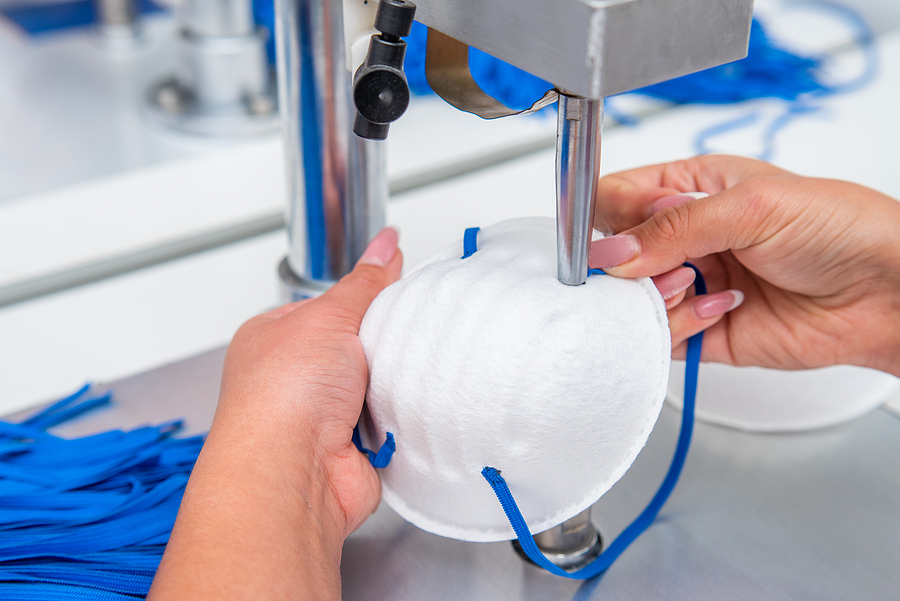The coronavirus has disrupted our normal lives for longer than anyone expected.
While states are transitioning away from stay-at-home orders and returning to some sense of ordinary life, it appears that our hospitals and our healthcare workers will be grappling with this pandemic into the foreseeable future. Now more than ever it is important that medical professionals stay properly prepared for the unknown that may lie ahead.
Some may think we only rely on energy for gas to heat our homes and fuel our cars, but the reality is that the sector along with the chemicals industry plays a large role in the manufacture of the personal protective equipment (PPE) that is crucial to medical professionals in the fight against COVID-19.
Energy plants use ethane, propane, and their byproducts to create the plastic used in many kinds of PPE. For example, the highly demanded N95 mask, hospital gowns and face shields all contain these resources.
Recognizing the importance of these products, some local companies have retooled production to increase output of critical materials while others have launched charitable initiatives to further bolster the efforts of our healthcare workers.
For example, about a month ago a DuPont facility located in Wilmington, Delaware, launched its #TyvekTogether program. The goal of the program was to increase the availability of Tyvek® personal protective garments during the public health crisis to protect healthcare workers on the frontlines.
This program has the potential to create an additional 6 million protective gowns per month and will ensure our health professionals have access to the PPE they need to continue caring for patients while staying safe.
Much like DuPont, other chemical companies have adjusted their usual practices in order to support the medical industry. Braskem America workers in Marcus Hook, PA recently spent 28 consecutive days shut-in at the plant to increase the production of polypropylene, a key polymer in many pieces of PPE.
The measures undertaken by the workers at Braskem during those four weeks helped the plant run safely and securely without the threat of spreading the virus among its employees. Although workers forewent seeing their families during that time, their sacrifice helped to reduce the spread of the virus and to begin restoring America’s health.
Several donations from Energy Transfer meanwhile, are helping to protect the health and safety of the community.
The Delaware County Major Incident Response Team, recently activated due to an increase in demand for services and responses to hazardous and biological events, was recently awarded a $25,000 grant to purchase a shelter for the officers who are working 24 hours a day, every day of the week.
Energy Transfer also recently donated X2 MR Glasses made by ThirdEye Gen to first responders that will help protect the public during this pandemic.
The glasses contain technology that would allow a first responder to take a patient’s temperature from a safe distance and even send real-time audio and video footage to the medical professionals. Limiting contact has proven to be effective in combatting the virus, and glasses like these make it possible for first responders to do their jobs safely.
The pandemic has demonstrated why it is important for industries to adapt and work together.
This relationship between the energy, chemical, and medical sectors has been critical to protecting our frontline workers and should be a model for future public health efforts.

